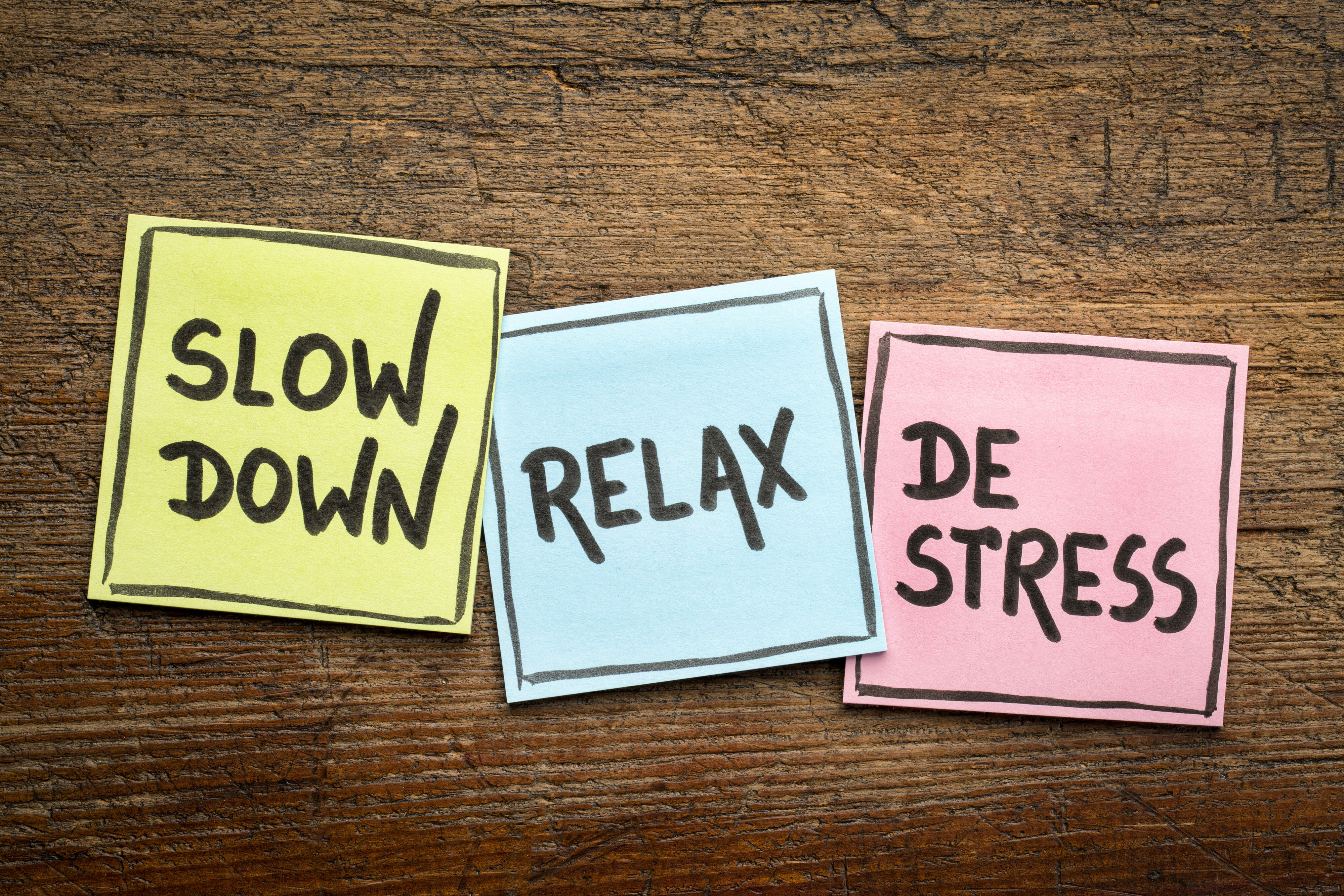
Burnout: How to Keep It From Happening to You
Constant exposure to stress can leave you mentally and physically depleted. Feeling helpless in the face of insurmountable problems can rob you of the energy to even care, let alone solve them. The resulting exhaustion, known as burnout, causes you to lose motivation and interest in whatever undertaking may have led to the condition. Here are some strategies to help avoid burnout.
Turn to Others
One of the quickest ways to relieve stress is to talk to someone, especially face-to-face. Even if they don’t know how to fix your problems, it’s comforting to share them with someone who will listen. The best choices are family and friends since they are less likely to feel burdened and will probably want the best for you. Confiding in someone also has a way of strengthening the existing bond.
Reframe Your View of Work
The best remedy for burnout is to switch careers and find something more rewarding. However, this isn’t always possible and you may need your job to stay afloat. It may help to focus on the impact your job has on the lives of others, especially if it provides needed products or services. You can also choose to focus on whatever aspects of the job you do enjoy, even if it’s sharing laughs with your coworkers. Remember that your experience at work is partly the result of the attitude with which you approach it.
Take Time Off
The value of a much-needed vacation should not be overlooked. The more hours you work, the more quickly your energy stores will be depleted and the less time you’ll have to recover before you’re back at work again. No matter how young you are, you won’t be able to keep this up indefinitely. If you’re not due any vacation time, use up your sick days or request a leave of absence. The point is to take time away to relax and recharge, before returning to the grind.
Reassess Your Priorities
Burnout indicates that something in your life is out of balance. Maybe you’ve neglected your hopes and dreams while ascending the career ladder. Maybe you’ve neglected your family. This can be an ideal time to begin setting boundaries and learn to say “no” to unreasonable demands on your time. Don’t be afraid to turn off your phone and quit checking your email after hours. Spend more time pursuing hobbies that feed your creative side, taking care of your health and getting enough sleep.
Exercise
You may not feel like exercising when you’re burned out, but it may be what your mind and body need. It’s one of the best ways to combine stress and improve your mood. All you need is 30 minutes per day to begin feeling better, both physically and mentally. If you can’t get in the entire half-hour at once, break it up into 10 or 15-minute sessions. Any type of exercise is beneficial, so don’t be discouraged if all you have the energy for is walking. Consistency is what’s really important.
Fix Your Diet
What you get out of your body is the direct result of what you put into it. Your energy levels and mood will reflect this the most. Refined carbohydrates, sugar, and caffeine can lead to crashes as the day goes on. Hormones and preservatives are known to adversely affect people’s moods. Cut back on these foods, along with alcohol and nicotine, which can increase anxiety levels. Seaweed, flaxseed, and salmon are all rich in Omega-3 fatty acids. Working them into your diet can help boost your mood.
There may be other things you can do to avoid burnout, but these tips cover the basics. Good health, a reassessment of your priorities and an honest conversation with loved ones will help ensure that you can make those decisions. If you do have to quit your job or move to another city, you’ll be able to do so from a position of strength.
